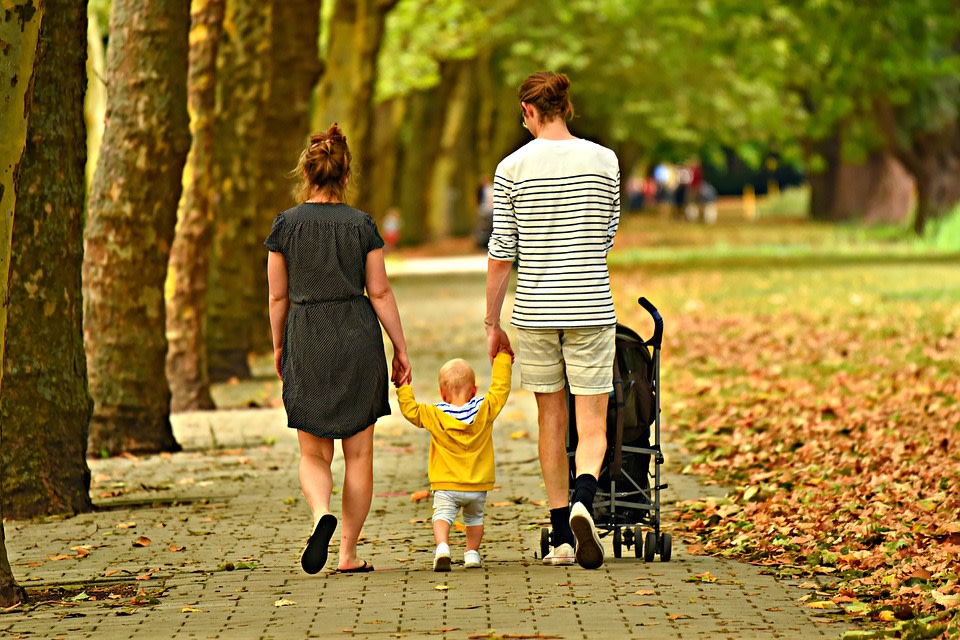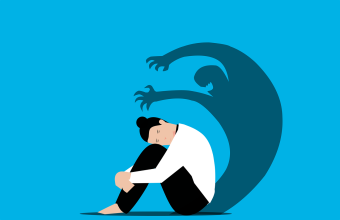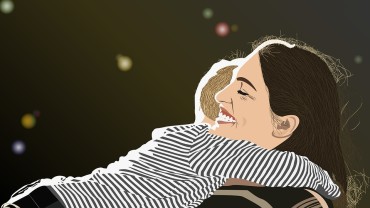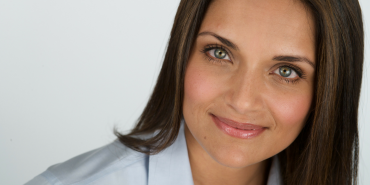What is Adequate Parenting?
12 Jul, 2021What is adequate parenting?
Trigger Warning: Abuse, Sexual Assault, Toxic Parenting
We often talk about Good Parenting and debate the difference between good and bad parenting – what are the obvious characteristics of a good parent and what are the grey areas of behaviour that is ambiguous? I had a conversation a while ago with a friend who believed that parenting was more grey than black and white, and bad parenting from parents with good intentions were just a bad execution by good parents. While it is not helpful to define parents (or people in general) as good or bad, and rather people whose actions are good or bad, I do think the impact on a child of these decisions and choices can be defined as good or bad.
We keep debating the parameters of good parenting and in the end what most people can agree on is that it’s subjective. Good parenting is so subjective because it is based on our own standards of what the responsibilities of a good parent are, and like all views and opinions, highly influenced by our own parents.
If ‘good parenting’ is so hard to define, I would like to pose the question instead of what is adequate parenting. What is the basic level of adequate parenting that is required to not be inflicting harm on your child – verbally, physically, emotionally, and spiritually? If we think of parenting as bad parenting, adequate parenting, and good parenting, perhaps then it is easier to define what adequate parenting is.
I have been reading the book “Toxic Parents; Overcoming their hurtful legacy and reclaiming your life” by Susan Forward and she defines adequate parenting as:
1. They must provide for their children’s physical needs.
2. They must protect their children from physical harm.
3. They must provide for their children’s needs for love, attention and affection.
4. They must protect their children from emotional harm.
5. They must provide moral and ethical guidelines for their children.
She asserts that while there are many more items you can add to the list of an adequate parent, most toxic parents don’t get beyond the first one – which is providing for the physical needs of their child. Susan steps through different types of toxic parenting and provides examples from her practice and group sessions on the Inadequate parents, the Controllers, the Alcoholics, the Verbal Abusers, the Physical Abusers and the Sexual Abusers.
Toxic parents may not meet the basic requirements of an adequate parent outlined above and be unable to meet their needs, not only that but an Inadequate parent will trust these responsibilities onto their child and expect the child to take care of their parent’s needs. Some toxic parents may seek to control their child long after it is appropriate to do so and well into adulthood. Other toxic parents may verbally abuse their child, calling them names and destroying their self-esteem and self-worth. They may physically abuse them and create an environment at home where the child is never safe and there is no protector to turn to. They may sexually abuse their child by either physically or by making sexually inappropriate comments about their body. What is even more painful for some children - is the lack of support from the other parent - the silent spectator - who potentially sees the abuse and does nothing to protect them.
Susan suggests that “the single most dramatic difference between healthy and toxic family systems is the amount of freedom that exists for family members to express themselves as individuals. Healthy families encourage individuality, personal responsibility and independence. They encourage the development of their children’s sense of adequacy and self-respect.”
But toxic parents have not been created in isolation. They are the product of a family system. A parent who is controlling and domineering and quashes any signs of independence and individuality in their child is likely to have been once a child who experienced the same abuse or another type of abuse from their parent. Perhaps in never having the any control over their lives as a child due to the volatility of a physically abusive or alcoholic parent, or a parent with mental health issues who could not be an emotionally available and stable presence in their lives, this person will cling to their power and control they have over their own children as an adult. Like a pile up of cars that just keep crashing, we transfer the intergenerational trauma that we have inherited from ourselves to our children – that is – until we do the work in therapy to work through our own learned beliefs from our parents and start to question them, and consider as adults, what we will pass on to our children.
Susan states that children are extremely loyal to the family system and when faced with a parent who is abusing them, they cannot accept that their parent is flawed and wrong because the parent provides for them and they long for love and affection; so the only alternative is to believe that they – the child – is at fault. This is especially true for children who have experienced incest and sexual assault from their parents, but also true for any child with a toxic parent. The notion that their parent is harmful and that if they call out their parents behaviour they may break up the family unit is so fearful to them, that they would rather see themselves as the bad child who is at fault. The child who internalizes this lack of self-worth and starts to loathe themselves, no longer needs their toxic parent to abuse them. They become their own abuse - long after their parent is dead and gone their voice will continue to haunt them from the grave.
In order to understand the trauma that a toxic family system inflicts, we have to understand the spoken and unspoken rules and beliefs that exist in the family. The spoken rules are easier to identify because they are direct and clearly visible. For example “don’t talk back to your parents” or “you must always come home for Christmas” or “You must not marry outside your faith”. These rules are heard and can therefore be visible and challenged if you have the strength to – by asking yourself – why must I always come home for Christmas? Why can I not marry outside my faith? Is this what I believe or what my parents believe? Most children begin this time of questioning in their teenage years and begin to form their own beliefs and identify their own values – the children of toxic parents may not have had this opportunity until well into their adult years, if at all. The expression of individuality and independence is snubbed out very early on and dependence is reinforced.
A great example that she gives in the book is imagine your parents invite you over for dinner. It’s a late night after work and you’re feeling tired, if rather than asking yourself “Do I really feel like going over for dinner?” you find yourself asking “If I don’t go for dinner, will my dad hit my mum? If I don’t go over for dinner will mum get drunk and pass out? Will they stop talking to me for the next month?” this is because you already know you’ll feel responsible if any of these events occur. Every decision you make becomes interwoven with the rest of the family and your behaviour, feelings and decisions are no longer your own – you are an appendage of your family system.
If this sounds like you, it is not too late – these behaviours can be unlearned and these beliefs questioned at any time. It does take a lot of work to unlearn the beliefs you learned and had reinforced as a child, but you owe it to yourself and to your children to break the cycle and stop that pile up of cars from crashing into your children’s lives and their children’s lives.
Just because you may have had toxic parents growing up, it doesn’t mean you can’t be an adequate parent, or even a good parent. There is no such thing as a perfect parent, but we can all strive to at least be adequate.
Get The Best Of Sleepy Roo Delivered To Your Inbox
Subscribe to my newsletter and get the latest info on baby sleep! You can unsubscribe at any time.



